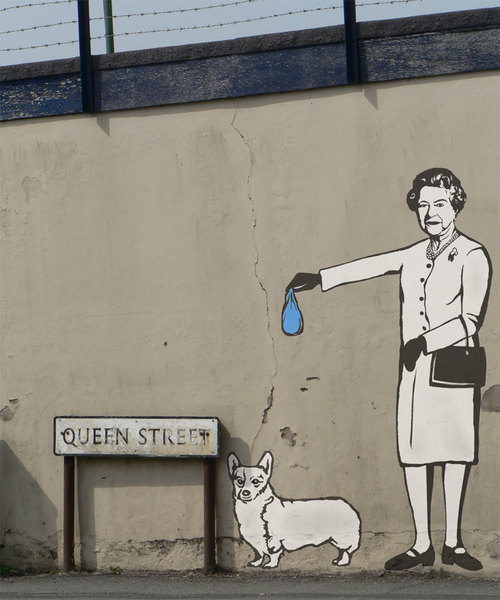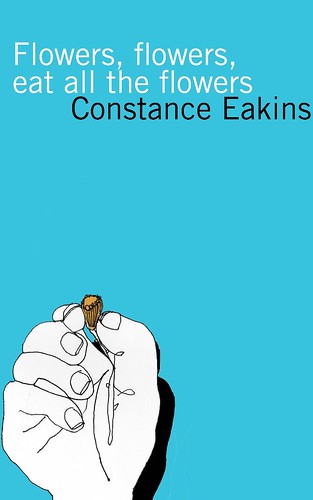I have tagged myself for this meme that I saw on Lorraine Crescent as I've never been tagged before and I want to feel like a proper blogger. Also it's been all doom and gloom around here lately and I thought it was time to cheer youse guys up a bit. Look at your droopy little faces.
Here it is:
Five snacks I enjoy in a perfect, non weight-gaining world
Smiths plain crinkle cut chips
Hot chips
Milky Bars.
Pate
Mixed lollies. But no Clinkers. Mostly milk bottles and bananas.
Five snacks I enjoy in the real world:
Little tins of salmon
Navel oranges
Little tins of tuna
Lupini beans
Rice crackers
Five things I would do if I were a billionaire:
Live in the UK — one house in London and one in Wales.
Give lots away to people who needed it.
Buy the best digital video camera in the world and spend my entire time making mini-documentaries about interesting things I come across with no pressure to make them interesting enough for other people to choose to view.
Buy Wilcox a plane ticket and concert ticket to see Bruce Springsteen in the country of his choice. Wilcox's choice, not Bruce's choice.
Live alone in my private cinema and collect my wee in jars.
Five jobs that I have had:
Packing show bags for the Royal Easter Show in Sydney.
Teaching English at the University of Ho Chi Minh City.
Teaching bureaucrats how to write like human beings. I did this for years.
Acting. I was in a production of The Crucible in about 1995 in Hobart and made $67 after a three week run.
Standing in the middle of Sydney Exhibition Centre with a chambray shirt knotted at the stomach smiling at people and offering them no help in navigating their way around whatever exhibition it was (I've forgotten) whatsoever.
Three of my habits:
Drawing people's attention to birds.
Going for long walks along the banks of the Yarra River and crying.
Drinking.
Five places I have lived:
Darlinghurst, Sydney, New South Wales, Australia
Ho Chi Minh City, Vietnam
Swansea, Wales
Spreyton, Tasmania, Australia
Melbourne, Centre of the Universe
What was I doing 10 years ago?
Living at my friend Stan's house in Chippendale in Sydney, preparing to go overseas in July. I'd just finished my Cambridge certificate in teaching English as a second language. I was going to Thailand first, then Vietnam, where I thought I'd stay a couple of months. Instead, I stayed a couple of years. It kind of feels like that was the beginning of my real life. I was just about to turn thirty.
I was obsessed with op-shopping in those days; I had the most enormous and fabulous (I thought) wardrobe. Before I left, I invited all my girlfriends round, dumped all my clothes on the living room floor, and let them fight over them. I remember sitting in an armchair as they scrambled and shreiked and tried clothes on over clothes and ignored me. I was watching them, loving them, wondering what was in store. There's a part of me that wishes I could just stand behind that armchair and whisper in my ear, It's all going to be heaps of fun, but there's a bigger part that's glad it was a surprise.

















